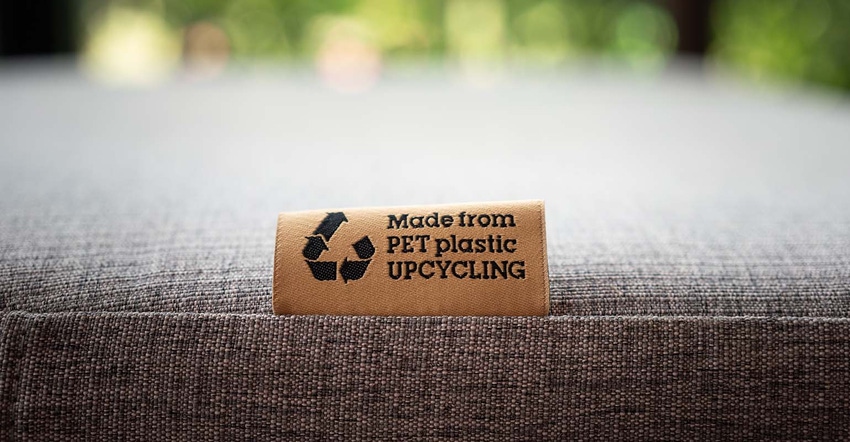A dramatic increase in recycling and the use of carbon capture and alternative feedstocks in plastics production could result in “absolute sustainability,” according to a group of researchers from Switzerland, Germany, and the United States.
March 24, 2023

A new study exploring the sustainability of plastics is bound to make some heads explode. The headline of an article summarizing the research on the website of Zürich’s technical university, ETH, forthrightly sets the tone: “A wholly sustainable plastics economy is feasible.” I have to say it’s a nice change of pace to report on a positive development in our “Dispatches from the War on Plastics” section, instead of pushing back on dubious scientific claims and overwrought calls to almost entirely eliminate plastics. Folks on the other side of the barricades will disagree, of course, once they piece themselves back together.
The researchers from ETH Zürich, RWTH Aachen University in Germany, and UC Santa Barbara in California posit that a vast increase in recycling, targeted use of carbon capture and biomass in the production process, and enlightened product stewardship by the plastics industry could lead the way to “absolute sustainability.” They readily acknowledge that getting there will require a good deal of heavy lifting.
Respecting "planetary boundaries"
A core part of the study, which was published in Nature on March 6, 2023, is anchored by a determination of whether the plastics industry can respect “planetary boundaries.” Defined as a “measure of comprehensive sustainability,” planetary boundaries go beyond energy and climate issues to include impacts on land and water resources, ecosystems, and biodiversity, notes the article. The researchers conclude that the plastics industry, indeed, can achieve this goal through the following measures:
At least 74% of plastic would need to be recycled. Considering that Europe today recycles around 15% of plastics — and it’s a world leader — that may seem like a Herculean task. Although it has its detractors, chemical recycling can help in achieving this goal, especially with plastics that are not easily recycled by conventional mechanical means. The authors of the study take the technology into consideration in the paper published in Nature.
For the remaining maximum 26% of plastics, sustainability goals can be met during the production process through carbon capture and the use of biomass feedstock, according to the researchers.
Increasing the recycling rate to 74% globally is a very ambitious goal, acknowledged André Bardow, professor of energy and process systems engineering at ETH Zürich, who led the study. It is unlikely that it can be achieved by 2030 — 2050 is more realistic, he said — and during that timeframe even more plastic products will be manufactured, continually moving the goalpost in terms of respecting planetary boundaries. Consequently, the researchers recommend also addressing demand and rethinking our perception of plastics. “Plastic is considered cheap, which for a long time was a blessing but has now become a curse,” commented Bardow. “Given its outstanding properties, we should view plastic as the high-quality material it truly is. That way, it would be okay for it to cost a little more, and its recycling, too.”
"More recycling of plastic always leads to more sustainability"
The study also calls for greater collaboration between manufacturers and recyclers along with some form of extended producer responsibility. “Today, responsibility often ends when the product leaves the factory gates,” writes Fabio Bergamin in the article on the ETH Zürich website. “The scientists therefore call for product stewardship to encompass the entire life cycle — including disposal and recycling — as the basis for optimizing the design of sustainable processes.”
In the final analysis, the main takeaway from this study, according to Bardow, should be that recycling efforts ought to be intensified whenever possible. “As a good rule of thumb: More recycling of plastic always leads to more sustainability.”
About the Author(s)
You May Also Like




